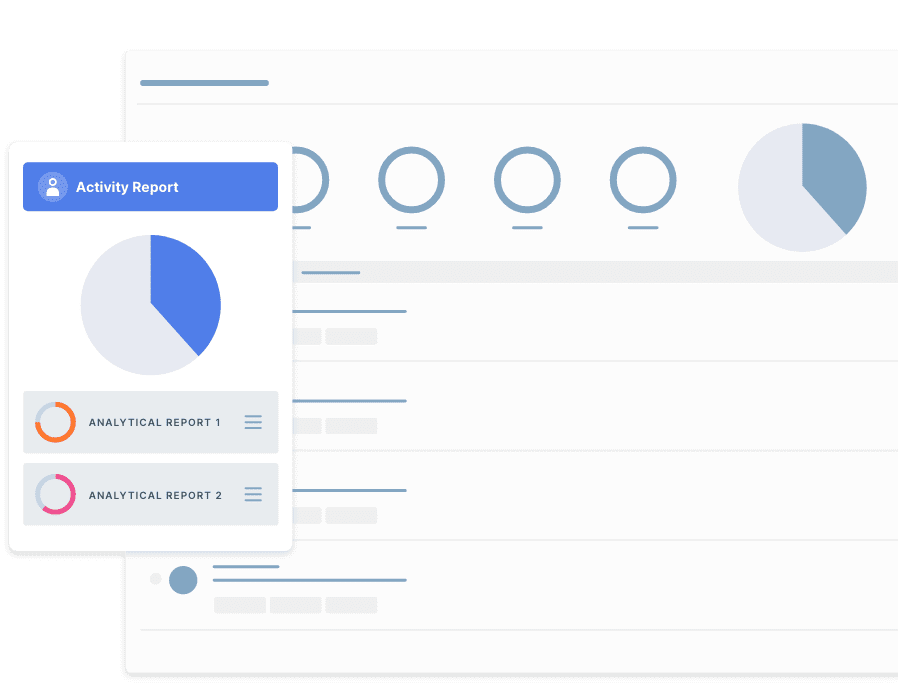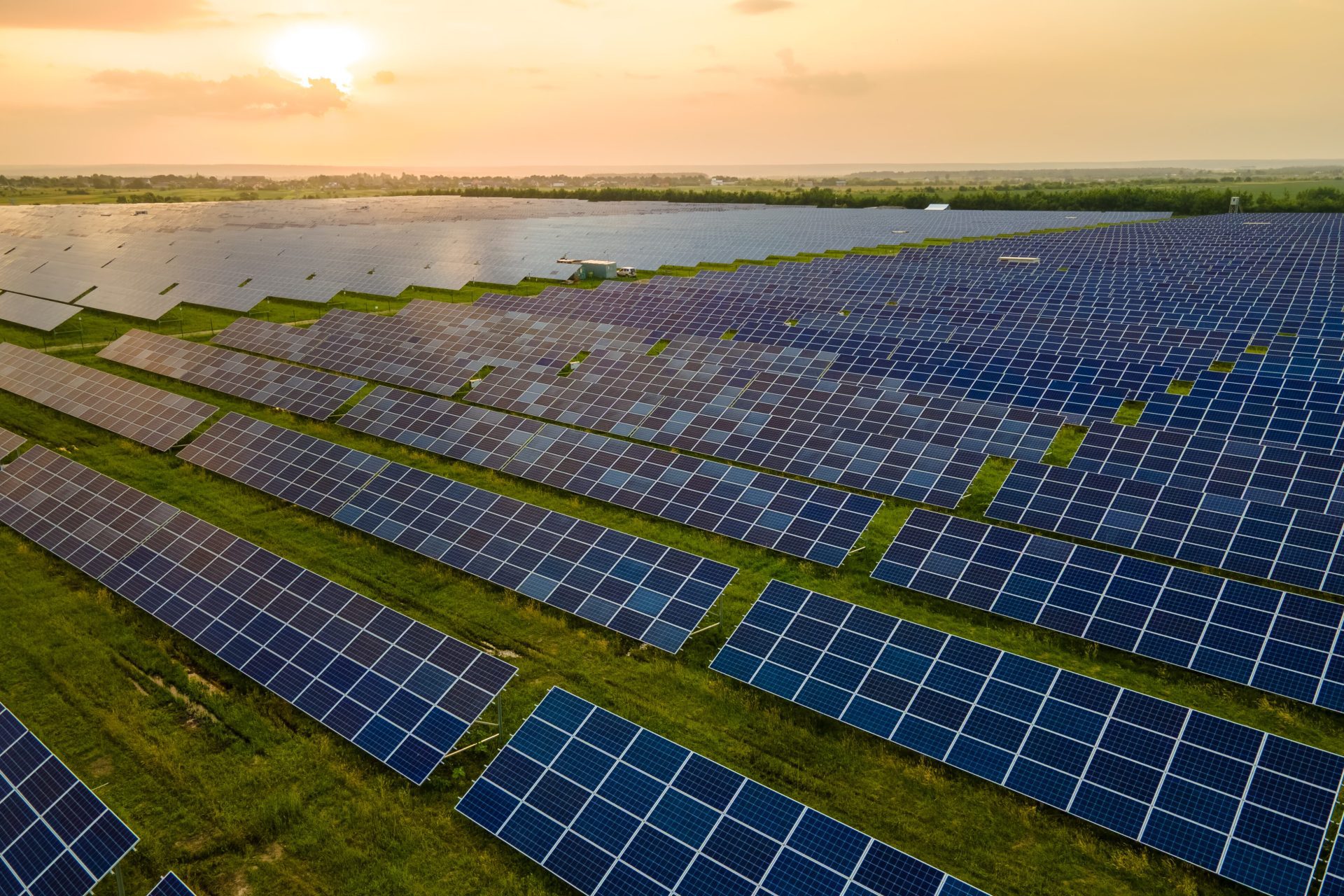
Regulatory content
Climate Disclosures
Our global coverage includes mandatory laws, regulations and standards, proposed, enacted & amended which require companies to report on the climate impacts, risks, and opportunities that they may face as well as voluntary frameworks, guidance documents, and factsheets. Note: we do not cover voluntary national standards.
ESG: Climate DISCLOSURES
28
Languages Supported
40
Subject Matter Experts
ESG: Climate Disclosures
Content Overview
Climate Change Corporate Reporting can take many forms and may be released as part of a financial or sustainability report, a web page, or another means of public communication. It includes sources that are not product-specific and strictly requires companies to disclose their overall climate change mitigation/adaptation strategies and governance approaches relating to:
Climate Change Mitigation
The company’s efforts to contribute to the global effort of limiting the increase in the global average temperature to 1.5 °C above pre-industrial levels, as per the Paris Climate Change Agreement. This includes disclosure of scope 1, 2, and 3 Greenhouse Gas (GHG) emissions.
- Scope 1 – GHG emissions directly owned or controlled by a company (e.g. emissions from a company’s owned vehicles, boilers, etc.).
- Scope 2 – emissions caused indirectly by the company which come from the energy a company purchases or uses for electricity, heating, and cooling
- Scope 3 – all indirect emissions that occur in the company’s upstream and downstream value chain and are not included in Scope 1 and 2 emissions.
Climate Change Adaption
Company’s process of adjustment to actual and expected climate change. Disclosure requirements cover climate-related hazards that can lead to physical climate risks for the company and its adaptation solutions to reduce these risks.
ESG Climate Disclosures
Coverage Included
Our regulatory content in C2P is historically comprehensive with a robust QA process to ensure quality, consistency and accuracy. Below is a high-level summary of our coverage for this content area:
- ISSB: Climate-Related Disclosures, Standard IFRS S2, 2023
- Australia: Corporations Act, 2001, and Others – Amendment – (on climate-related financial disclosures) Act No. 87, 2024
- Australia: Climate-related Disclosures, Australian Sustainability Reporting Standards (ASRS) 2, September 2024
- Brazil: Approving Technical Pronouncement No. 02 on Climate-Related Disclosures, Resolution CVM No. 218, 2024
- California (USA): Climate Corporate Data Accountability, Senate Bill 253 Enacted, 2023
- California (USA): Climate Related Financial Risk Disclosures Draft Checklist, Draft Guidance Document, September 2025
- California (USA): Climate Corporate Data Accountability, Senate Bill 253 Enacted, 2023 and Other – Amendment – (on delayed deadline for implementing regulations, consolidation of disclosures at parent company level, etc.) Senate Bill 219 Enacted, 2024
- California (USA): Climate-Related Financial Risk Reporting, Senate Bill 261 Enacted, 2023
- Canada: Sustainability Disclosure Standard CSDS 2 – Climate-related Disclosures, Standard, December 2024
- Canada: Disclosure of Climate-related Matters, Draft Statutory Instrument No. 51-107, October 2021
- Chile: Establishing the Integrated Annual Report, General Standard (NCG) No. 461, 2021 -Proposed Amendment- (on incorporating IFRS S1 and S2 references), Draft Standard, August 2024
- EU: Sustainability Reporting Standards, Delegated Regulation, July 2023 (specifically ESRS E1 Climate change)
- EU: European Sustainability Reporting Standard (ESRS) E1 Climate Change, Standard, July 2023 – Proposed Amendment – (on simplification and reduction of data points) Draft Standard, July 2025
- EU: Corporate Sustainability Due Diligence (CSDDD), Directive (EU) 2024/1760 and Other – Amendment – (on postponement of deadlines for corporate sustainability reporting and due diligence requirements) Directive (EU) 2025/794 (Stop-the-clock)
- EU: Corporate Sustainability Due Diligence (CSDDD), Directive (EU) 2024/1760 and Others – Proposed Amendment – (on reducing companies in scope and deleting sector specific ESRS requirement) Draft Directive, February 2025 (EU Omnibus Proposal)
- EU: Content and Presentation of Information to Be Disclosed by Undertakings subject to Articles 19a or 29a of Directive 2013/34/EU, Regulation (EU) 2021/2178 and Others – Amendment – (on simplifying disclosures and technical screening criteria) Regulation, July 2025
- EU: Omnibus Package, Q&A Document, February 2025
- EU: Platform on Sustainable Finance Report: Simplifying the EU Taxonomy to Foster Sustainable Finance, Report, February 2025
- Hong Kong (China): Enhancement of Climate-related Disclosures Under the Environmental, Social and Governance (ESG) Framework, Consultation Conclusions, April 2024
- Hong Kong (China): Implementation Guidance for Climate Disclosures Under the ESG Reporting Framework, Guidance Document, April 2024
- Hong Kong (China): Climate-related Disclosures, Hong Kong Financial Reporting Standard S2, 2024
- Illinois (USA): Corporate Emissions Reporting, House Bill 3673, 2025
- Indonesia: Climate-Related Disclosures, Sustainability Disclosure Standard PSPK 2, 2025
- Japan: Theme-based Sustainability Disclosure Standard on Climate-related Disclosures, Standard No. 2, March 2025
- Jordan: Climate-Related Disclosure, Guidance Document, December 2024
- New Jersey (USA): Climate Corporate Data Accountability Act, Senate Bill 4117, February 2025
- New Zealand: NZ CS 1 Climate Standard 1 – Climate-related Disclosures, 2022
- New Zealand: NZ CS 2 Climate Standard 2 – Adoption of Aotearoa New Zealand Climate Standards, 2022
- New Zealand: NZ CS 3 Climate Standard 3 – General Requirements for Climate-related Disclosures, 2022
- New Zealand: Principles for Creating, Keeping, and Maintaining Proper Climate-related Disclosure Records, Guidance Document, October 2023
- New Zealand: Climate-related Disclosures, Guidance Document, May 2023
- South Korea: Sustainability Disclosure Standards, Draft Standard, April 2024
- Switzerland: Mandatory Climate Reporting Obligation for Certain Companies, Ordinance, November 2022
- TCFD: Recommendations of the Task Force on Climate-related Financial Disclosures, Report, June 2017
- TNFD: Nature-Related Risk and Opportunity Management and Disclosure Beta Framework Recommendations, September 2023
- UK: Climate-related Disclosures, Draft Standard SRS S2, June 2025
- UK: Exposure draft of UK Sustainability Reporting Standards: UK SRS S1 and UK SRS S2, Consultation Document, June 2025
- UK: Limited Liability Partnerships (Climate-related Financial Disclosure) Regulations, SI 2022/46
- UK: Companies (Strategic Report) (Climate-related Financial Disclosure) Regulations, SI 2022/31
- USA: Enhancement and Standardization of Climate-Related Disclosures for Investors, Final Rule, March 2024
We cover key ESG standards related to the content areas in your subscription as a part of our ESG Solution.
Connection with other content areas:
Climate Change (product specific)
Climate Disclosure sources are non-product specific and should be distinguished from “product” specific sources that fall under our Climate Change topic. The former focuses on laws and regulations requiring undertakings to report on their overall climate change governance, including the company’s contribution to limiting global warming to 1.5°C and corporate adaptation strategy to climate-related risks, etc.
Product-specific climate change sources, on the other hand, cover legislation that specifically impose restrictions on GHG emissions and ozone-depleting substances in products including air conditioners, heat pumps, refrigerators manufactured using greenhouse gasses such as CFCs, HCFCs, HFCs, PFCs, and SF6. These sources are product-specific and cover the obligations of companies to disclose and report on GHG emissions generated in the production process and value chain of products.
Sources that are not product specific and strictly require companies to report on their overall climate change mitigation/adaptation strategy and governance approach in relation to climate change as well as sources that require companies to report on GHG emissions generated from their facilities fall under Climate Disclosures and are scoped to ‘corporate reporting’ only.
Carbon Footprint
Carbon Footprint measures the impact of the company’s activities or products on the environment in terms of the total amount of GHGs (including carbon dioxide and methane) generated. This content area covers legislation requiring companies to measure the amount of CO2 emissions from their facilities or in the manufacturing of specific products.
Carbon Footprint is a sub-content area of Climate Change. As a result, users who purchase the Climate Change content area also get access to the Carbon Footprint content area. Carbon Footprint sources that require companies to report on the carbon footprint of their products fall under both Climate Change and Carbon Footprint and ‘reporting’ as a requirement type.
On the other hand, sources that are non-product specific and strictly require companies to report on their overall climate change adaptation strategy and governance approach in relation to climate change fall under our Climate Disclosures topic.
ESG Reporting
Our ESG Reporting content area focuses on laws and regulations requiring companies to produce a report (in a similar way that they are required to produce a financial report) on their overall ESG performance in terms of environmental protection, social responsibility and treatment of employees, respect for human rights, anti-corruption and bribery, diversity on company boards, etc. While ESG reporting includes climate disclosures under the “E” umbrella, it is broader in nature and captures both social reporting (“S”) as well as governance (“G”).
By contrast, Climate Disclosure sources strictly require undertakings to disclose information about their impact on and exposure to climate change as their climate change adaptation strategies. It does not include reporting on human rights / social issues or governance matters such as anti-bribery and corruption.

Learn more about our Regulatory Coverage
Speak to one of our team today for more information on our regulatory content.






